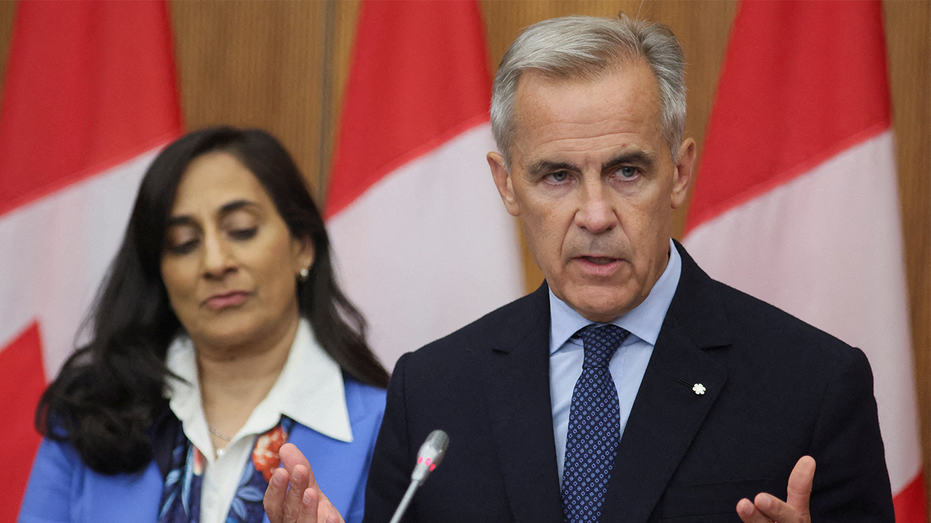Canada’s significant diplomatic shift towards recognizing a Palestinian state in September, as announced by Prime Minister Mark Carney, marks a pivotal moment in international relations and peace efforts.
Carney articulated this move as a crucial step to “preserve the possibility of a two-state solution,” emphasizing the urgency to counteract escalating facts on the ground, including deaths, settlements, and expropriations, that undermine peace prospects for Palestine.
This announcement immediately drew sharp criticism from Israel, whose Foreign Ministry unequivocally rejected Canada’s stance, labeling it a “reward for Hamas” and detrimental to ongoing efforts for a ceasefire in Gaza and the release of hostages. This highlights the complex Israel diplomatic response.
Canada’s decision follows similar declarations from European allies; France previously stated its intent to recognize a Palestinian state, with President Emmanuel Macron affirming such recognition would “revive a prospect of peace in the region.”
Furthermore, Britain indicated it would recognize a Palestinian state at the United Nations if the Israel-Hamas conflict in Gaza persists, underscoring a growing trend among Western nations to push for a political resolution and a robust international diplomacy.
In contrast to its allies, the White House voiced strong opposition to the recognition of a Palestinian state. President Donald Trump, in particular, asserted that such a move would be “rewarding Hamas,” emphasizing his focus remains on humanitarian aid in Gaza, reflecting a specific facet of US foreign policy.
Trump further complicated the matter by publicly stating via social media that Canada’s decision could severely impede future trade agreements between the two nations, introducing an economic dimension to the diplomatic tension and the two-state solution.
The Palestinian government has held a non-member observer state status at the United Nations since 2012, a status acknowledged by over three-quarters of the assembly’s 193 member states, reflecting long-standing global recognition for a future independent state and its path to UN membership.






Leave a Reply